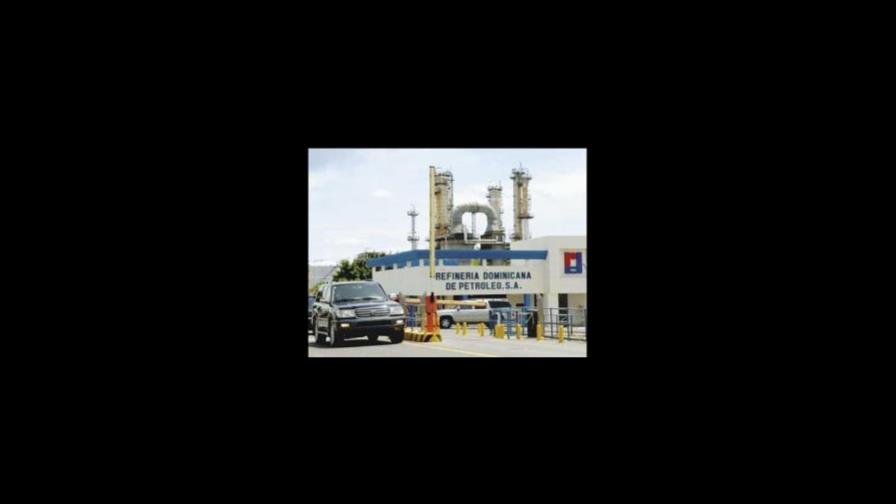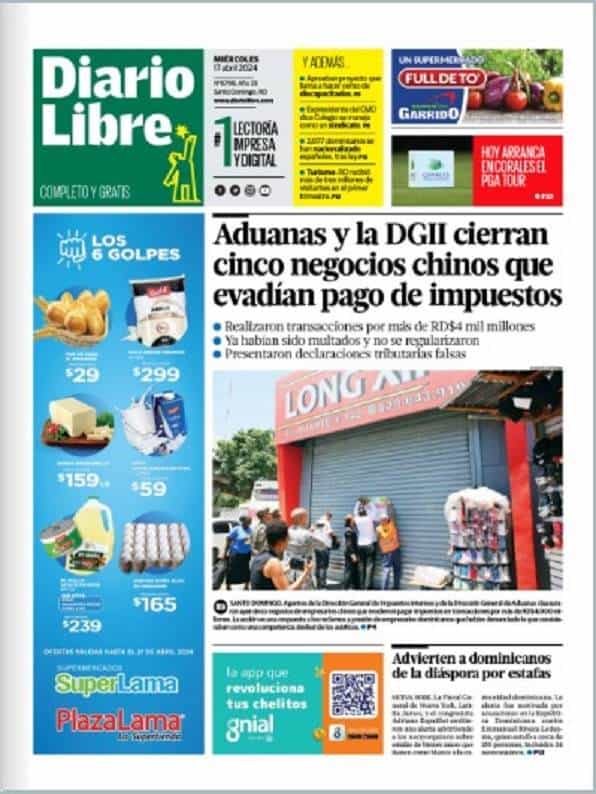A demand for government to explain Refidomsa sale
The idea is to include the Refinery within a network of plants built by Venezuela

SANTO DOMINGO.- After demanding that the government offer an explanation regarding the sale of 49% of the shares of the Dominican Petroleum Refinery (Refidomsa) to Venezuela, the two principle political opposition parties said that they are against the negotiations because they give President Hugo Chavez the power to direct the fuel policy in the country.
To this opposition can be added the position of the business community, that cautiously refers to the issue as something that needs to be studied and which they hope will be aired out in the National Congress.
The claims and worries have been brought up by the Dominican Revolutionary Party (PRD) and the Social Christian Reformist Party (PRSC) that have openly said that they reject the transaction.
Orlando Jorge Mera, the secretary general of the PRD, said that he felt that in an exercise in transparency, the authorities should report on the aspects involved in the transaction, since the official policy on fuels could be in play here. "The issue of fuels worries us a lot, since it is an issue that affects the national security, since we do not produce any petroleum we have a high dependency, and handing over 40% to one of our principle suppliers then has to be the subject of a greater consideration and the offering of more details so that we Dominicans can be sure as to what is going to happen," he emphasized.
For Rafaela Alburquerque, one of the PRSC vice-presidents, this negotiation hurts the nation's sovereignty and will place in the hands of Venezuela the control of the sale of fuels.
"There will be gasoline, there will be diesel if Chavez wants it, he is very temperamental, I do not like this project," she said at the same time demanding that the sales process be widely clarified.
She warned that this situation could put the supply of fuels to the Dominican Republic in danger, and she asked what would happen when a government that is not agreeable to Chavez is installed.
Business leader Maribel Gasso, the secretary of the National Council of Private Enterprise (CONEP), makes a point of saying that since she did not know the basis of the negotiations, it is not possible to give a well based opinion.
The Conep president, Lisandro Macarrulla, announced that this week they would evaluate the decision and make their position known.
To this opposition can be added the position of the business community, that cautiously refers to the issue as something that needs to be studied and which they hope will be aired out in the National Congress.
The claims and worries have been brought up by the Dominican Revolutionary Party (PRD) and the Social Christian Reformist Party (PRSC) that have openly said that they reject the transaction.
Orlando Jorge Mera, the secretary general of the PRD, said that he felt that in an exercise in transparency, the authorities should report on the aspects involved in the transaction, since the official policy on fuels could be in play here. "The issue of fuels worries us a lot, since it is an issue that affects the national security, since we do not produce any petroleum we have a high dependency, and handing over 40% to one of our principle suppliers then has to be the subject of a greater consideration and the offering of more details so that we Dominicans can be sure as to what is going to happen," he emphasized.
For Rafaela Alburquerque, one of the PRSC vice-presidents, this negotiation hurts the nation's sovereignty and will place in the hands of Venezuela the control of the sale of fuels.
"There will be gasoline, there will be diesel if Chavez wants it, he is very temperamental, I do not like this project," she said at the same time demanding that the sales process be widely clarified.
She warned that this situation could put the supply of fuels to the Dominican Republic in danger, and she asked what would happen when a government that is not agreeable to Chavez is installed.
Business leader Maribel Gasso, the secretary of the National Council of Private Enterprise (CONEP), makes a point of saying that since she did not know the basis of the negotiations, it is not possible to give a well based opinion.
The Conep president, Lisandro Macarrulla, announced that this week they would evaluate the decision and make their position known.


 Diario Libre
Diario Libre
 Diario Libre
Diario Libre